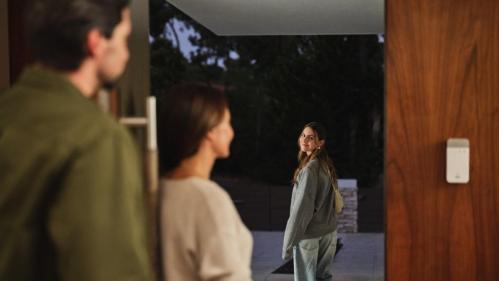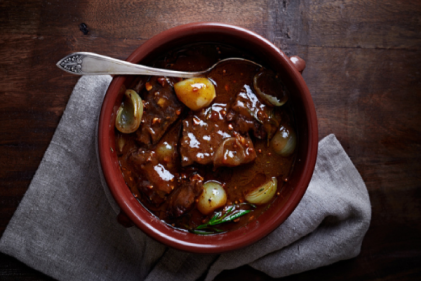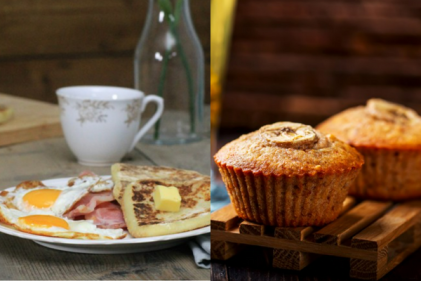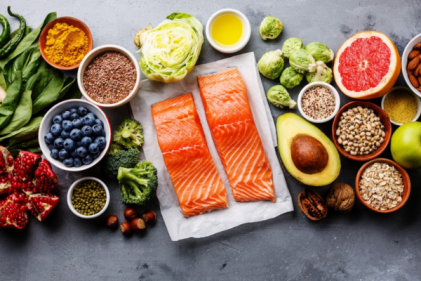 With the number of products on the market - and the number of stains mums encounter on a daily basis - household cleaning can be a consuming task. And that's before you even think about sprucing up your home with a little DIY.
With the number of products on the market - and the number of stains mums encounter on a daily basis - household cleaning can be a consuming task. And that's before you even think about sprucing up your home with a little DIY.
Finding the right products to look after your home can be a chore in itself, but making sure you're using them safely and correctly is the most important part, especially if there are kiddies around. From paint and varnish to bleach and oven cleaning, every household chemical should be used carefully to ensure you and your family stay safe.
Here is everything you need to know about using household chemicals properly and safely.
Pay attention to labelling
Read the label before you buy or use a household chemical product and follow the instructions carefully each time you use it. It’s also important that you never cover up or remove the labels from household chemical products
A new labelling system has been introduced for hazardous chemicals, which includes new hazard pictograms in line with the United Nations Globally Harmonised System. The new pictograms are in the shape of a red diamond with a white background; however the old pictograms can still be on the market until 1 June 2017.
Learn what safety pictograms mean
Make sure you’re familiar with chemical hazard pictograms so you know the dangers associated with the product you’re using.

Don’t mix chemicals
Sometimes it can be tempting to combine two or three cleaning products if one just doesn’t seem to be doing the job, but mixing different household chemicals can be incredibly dangerous, putting you and your family at risk. For example, mixing bleach and vinegar can create a toxic vapour, as can mixing different brands of the same product.
Use products correctly
- Bleach: Should be diluted and used in a ventilated area. Also, masks, eye goggles, and gloves may be necessary when cleaning with bleach.
- Chlorine-based dishwashing detergent: It may seem safe since it’s used in swimming pools, but chlorine can be harmful if swallowed in large amounts. Be sure to store this out of reach of children.
- Ammonia: Goggles, gloves, and masks are extrememly important, especially is using the chemical in an unventilated area.
- Oven cleaner: You should always wear gloves and masks when working with oven cleaners as they are highly corrosive and can damage the skin and respiratory tract if not protected.
- Furniture/floor polish: Check to see if the product contains nitrobenzene, which is a highly toxic chemical that can be absorbed through the skin. You should always wear gloves when working with polishes.

Store all household cleaners and detergents properly
- First and foremost, read the label and store according to the product’s instructions.
- Laundry detergent, like liquitabs, can be attractive to children, so keep them locked out of sight as they can cause a lot of harm.
- Store all household chemical products in their original containers.
- Do not store products, like paints, fuels or solvents thatc ould release harmful fumes or catch fire in your home.
If you, or a member of your family, swallow or come into contact with a dangerous chemical you must seek medical attention: National Poison Information Centre, 01 8092166 or poisons.ie. General queries can be directed to the Chemicals Helpdesk at the Health and Safety Authority on chemicals@hsa.ie or by calling 1890 289 389. For more information, click here.







